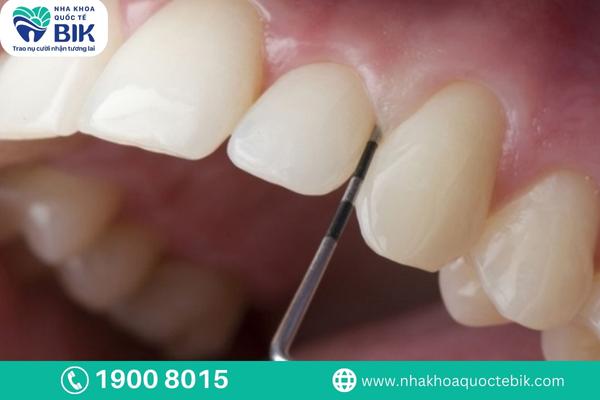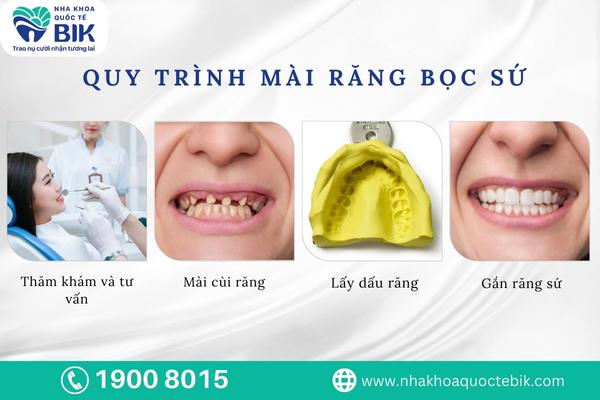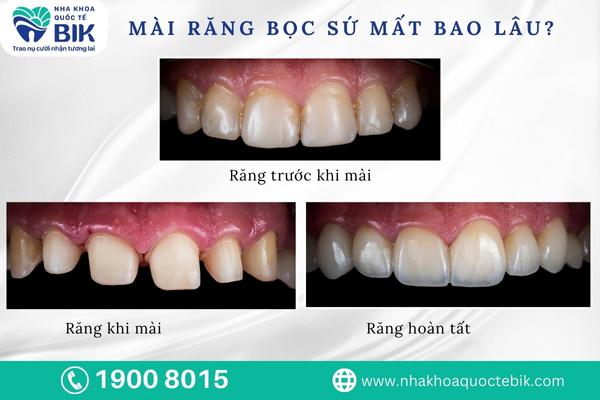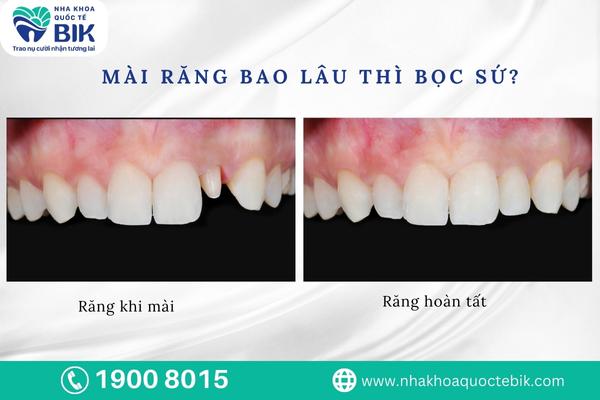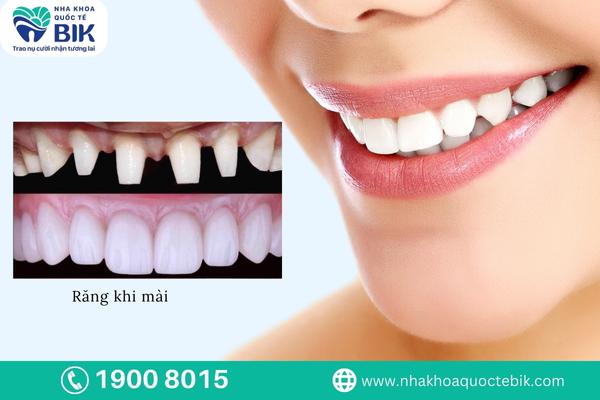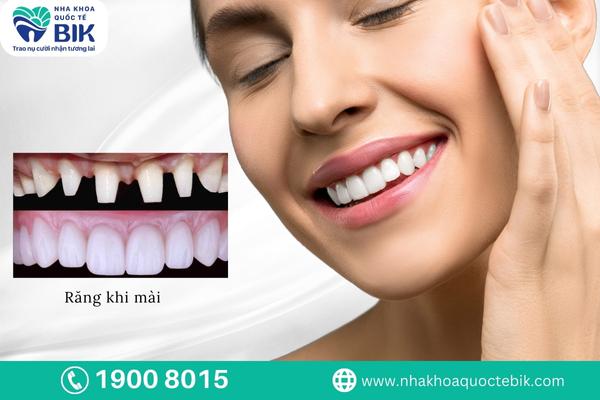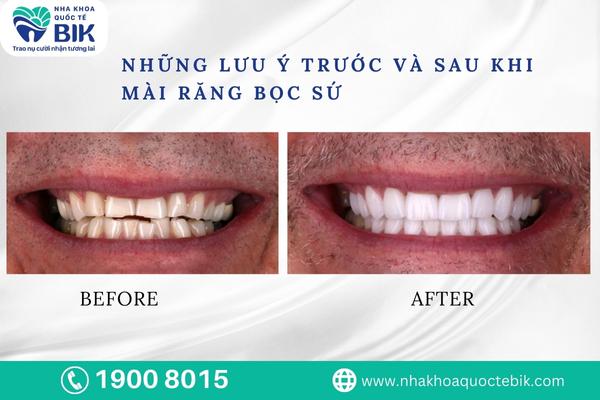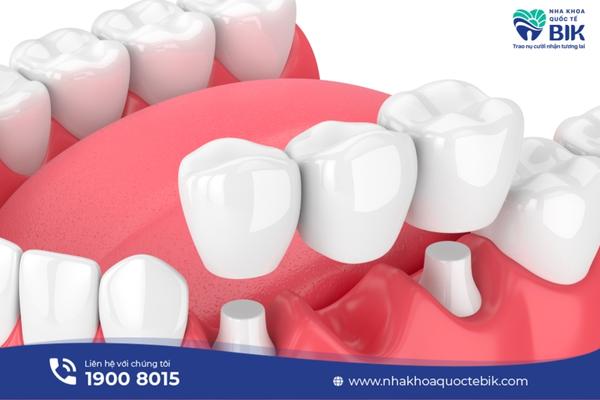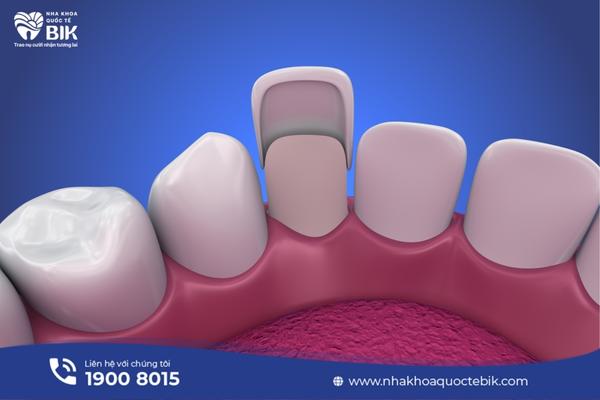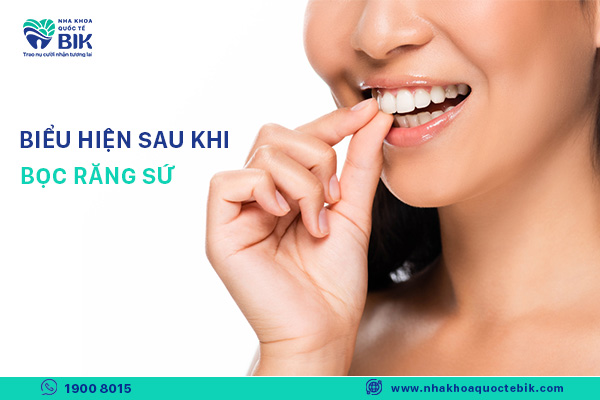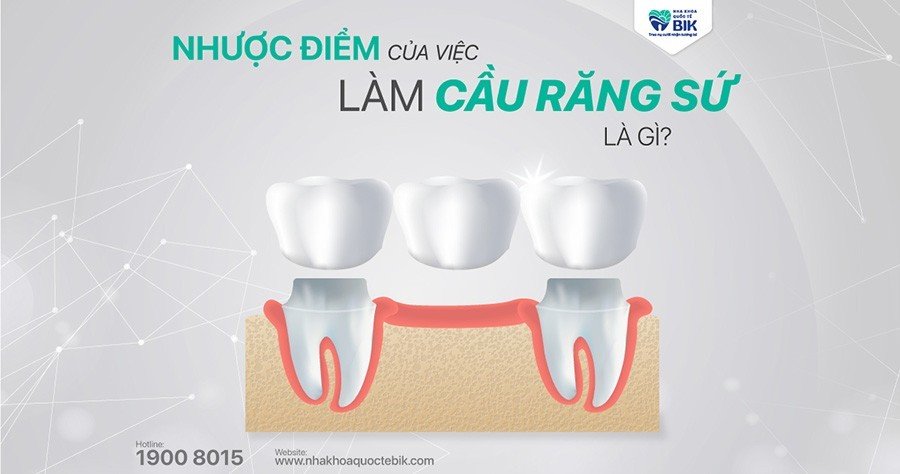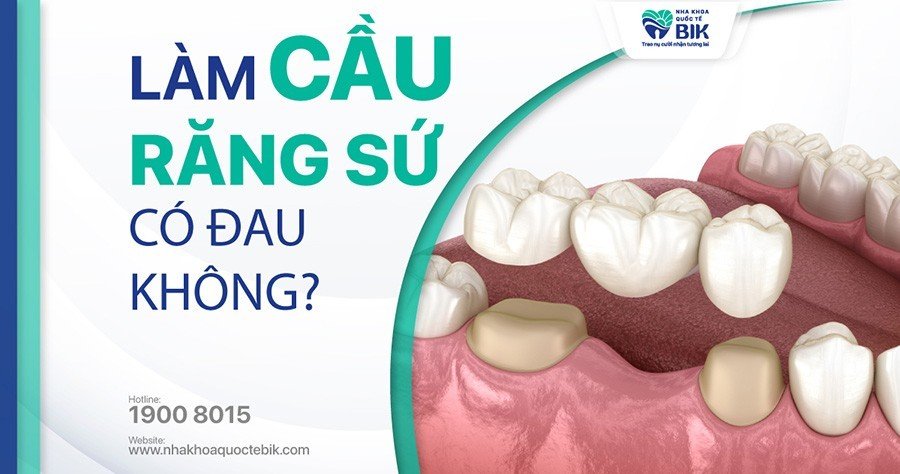
To have a space for the porcelain crown to be firmly attached to the tooth that needs to be covered with porcelain, grinding the tooth stump is inevitable in the porcelain crown process. The tooth grinding ratio will be determined in advance and follow the principle of maximum preservation of real teeth to ensure that the tooth structure is not invaded. The amount of tooth grinding depends on each porcelain crown method that the customer chooses. Basically, grinding porcelain crowns, if performed by a doctor with high meticulousness and many years of experience, will bring excellent results without causing any dangerous effects.
1. Why do we need to grind teeth for porcelain crowns?
Teeth grinding is one of the extremely important steps in the cosmetic porcelain crown process. This operation is performed before installing porcelain crowns. Tooth grinding is a decisive factor for the success of the porcelain crown, helping the porcelain crown have enough space to fit tightly onto the real tooth without causing damage.
Grinding teeth for porcelain crowns is the process in which the doctor grinds away part of the tooth stump including the thin outer layer or the entire enamel. Doctors will examine the customer’s teeth condition in advance and determine the correct tooth grinding ratio according to the principles to improve the quality of the porcelain crown when it is placed as well as to avoid falling out when chewing. After determining the thickness of the enamel layer that needs to be ground, the doctor will use specialized sterilized dental instruments to perform the operation on that tooth. The person performing the tooth grinding must have high qualifications and skills to avoid dangerous complications later and must comply with the following principles:
– Grind the tooth before placing the porcelain crown just enough to retain the maximum structure of the real tooth
– Limit the invasion of tissue areas and protect the real tooth pulp
– Do not affect the gums and periodontal tissues
– The tooth after being ground must ensure aesthetics, creating conditions for the porcelain crown to be placed on top, tight, not revealing the border between the real tooth and the porcelain crown.
2. Porcelain crown grinding process
The porcelain crown grinding process includes the following basic steps:
2.1. Examination and consultation
The doctor will conduct a general examination of oral health and take dental X-rays if necessary. From the results obtained, the doctor will be able to calculate the proportion of teeth that need to be ground for porcelain crowns and determine whether or not it is necessary to treat diseases such as tooth decay, gingivitis, etc.
2.2. Grinding the tooth stump
The real tooth will be ground to support the porcelain crown based on the calculated ratio. The amount of enamel needed to be ground will be just enough to help the porcelain crown have space to attach to the tooth while still ensuring safety, without affecting the tooth structure or pulp.
2.3. Taking a tooth impression
Specialized tools will be used to take a tooth impression and send it to the Labo to make the porcelain tooth.
2.4. Attaching the porcelain tooth
After the porcelain teeth are finished, the customer will be scheduled to visit the dentist to fix the porcelain crown on the tooth and complete the porcelain tooth grinding process.
3. How long does it take to grind porcelain teeth?
How long it takes to grind porcelain teeth depends largely on the skill of the doctor performing the procedure. If the doctor is highly qualified, experienced, and performs precise and meticulous operations, the porcelain tooth grinding process will only take about 15-20 minutes. Therefore, customers should choose reputable dental facilities with a team of good doctors to save time on grinding teeth and covering them with porcelain.
4. How long does it take to grind teeth and cover them with porcelain?
Usually, immediately after grinding the tooth stump and taking the jaw impression, the doctor will attach a temporary denture while waiting for the porcelain tooth to be completed to ensure the chewing function as well as the aesthetics of the tooth. If only 2-3 teeth are covered, it will only take about 3 days for the porcelain crown to be completed and 5-7 days if the number of teeth that need to be covered is more. After this period of time, the customer will be scheduled to go to the dentist to have the porcelain crown fixed on the tooth.
5. Does grinding porcelain crowns hurt?
Before grinding porcelain crowns, the customer will be given local anesthesia in the area of the tooth that needs to be covered, so basically they will not feel any pain during the porcelain crown process.
After grinding the tooth stump, the real teeth will be protected by sturdy porcelain crowns. Collision and eating activities will still take place normally and will not cause any pain or discomfort to the customer. However, whether the real teeth are affected or not depends on the doctor’s skills. If the customer chooses a reputable dental address and the porcelain crown procedure is performed by a good doctor with precise and meticulous operations, the teeth will not be too invasive, will not touch the pulp causing inflammation leading to prolonged pain and soreness.
6. How much does it cost to grind a tooth and cover it with porcelain?
At dental facilities, the price of grinding teeth will be included in the price of porcelain crowns for 1 tooth. Therefore, the price of grinding teeth and covering with porcelain crowns depends on the type of porcelain crown that the customer chooses. The price for a porcelain tooth is currently around 1,500,000 – 12,000,000 VND depending on each type with its own advantages and disadvantages suitable for the needs as well as the position of the tooth that needs to be covered with porcelain.
7. Does grinding porcelain teeth have any effect?
Does grinding porcelain teeth have any effect? If grinding porcelain teeth is performed by a highly specialized doctor, with the right technique and appropriate grinding ratio, it will not cause any dangerous effects on teeth or overall health. On the contrary, if the doctor does not perform this procedure accurately, the harm of grinding the tooth stump is very large. Real teeth can be severely sensitive, once the tooth has been ground beyond the allowable limit and is severely damaged, it cannot be restored.
Grinding teeth is a technique that requires precision from an experienced doctor. Therefore, customers cannot grind their teeth at home but must have the intervention of a specialist.
8. Notes before and after grinding teeth with porcelain crowns
Customers should note the following when grinding their teeth for porcelain crowns:
10.1. Before grinding teeth for porcelain crowns
Grinding teeth for porcelain crowns can only be applied in cases of mildly protruding or misaligned teeth, severe chipping and discoloration, etc. If the teeth are protruding, crooked, or have a severe bite, the doctor will usually prescribe braces.
Porcelain crowns should not be performed if the root tooth is weak. When ground down, weak teeth will not be strong enough to support the porcelain crown, causing the porcelain crown to easily fall out or break the real tooth stump and damage the gums.
Pay attention to choosing a reputable dental clinic to perform porcelain crowns to avoid infection leading to rapid tooth loss.
10.2. After grinding porcelain teeth

Implement a full oral care regimen so that porcelain teeth can be used for a long time without fading.
Limit eating certain foods to avoid breaking or chipping porcelain teeth.
If you feel uncomfortable, uncomfortable or have difficulty chewing, you should go to the dentist to have the doctor readjust the position of the porcelain teeth.
Re-examine every 6 months so that the doctor can monitor the oral condition and promptly handle complications if any.
So grinding the tooth stump is an inevitable step in the porcelain teeth covering process. Normally, teeth will be ground down to a certain ratio and follow the principle of preserving the real teeth as much as possible. However, if performed by a doctor with poor skills and low meticulousness, the tooth structure can be affected, damaging the tooth pulp and causing tooth death in the worst case.

